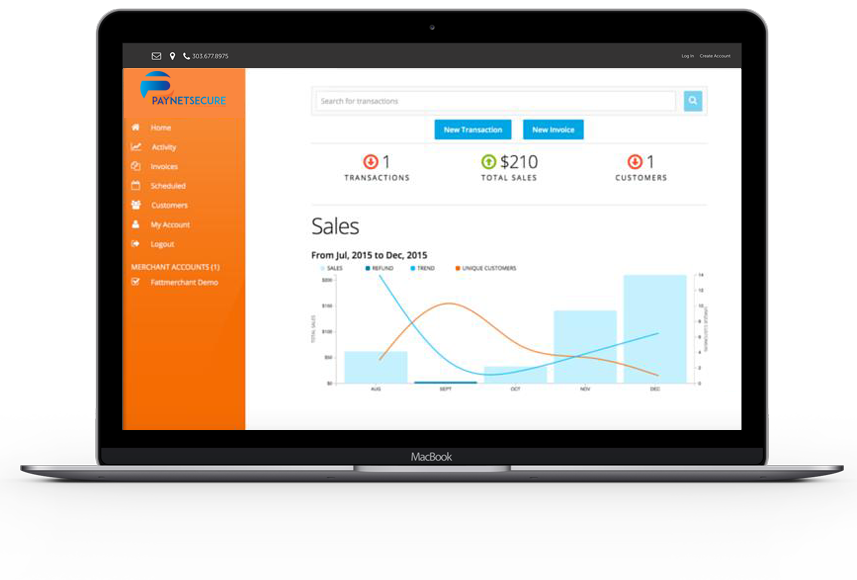Okay, get your mind back on track here. We’re talking about front and back ends in payment processing.
Certainly not as interesting as your original thoughts, I’m sure.
These terms are tossed about by merchant account providers. If you want to impress, mention them yourself. If you want to embarrass, ask a new merchant account representative what the front and back ends are.
Front-Ends. The processing network aka platform that the credit card terminal communicates with for authorizations and capture of transactions. Common front ends are Paymentech, Global, and Vital.
Back-Ends. Grabs the captured transactions, runs them through the interchange system and generates an ACH file for merchant settlement. Back ends also handle chargebacks retrieval requests, and monthly statements provided to the merchant. In some instances, like Vital and Global Payments, a front-end also owns a back-end network. In other instances, front-ends require a separate back-end. For example, a Paymentech front-end with the FNBO back-end.
A payment gateway is your secure interface with the processing networks.
Interested in secure payment processing for your business?
Contact info@paynetsecure.net today
